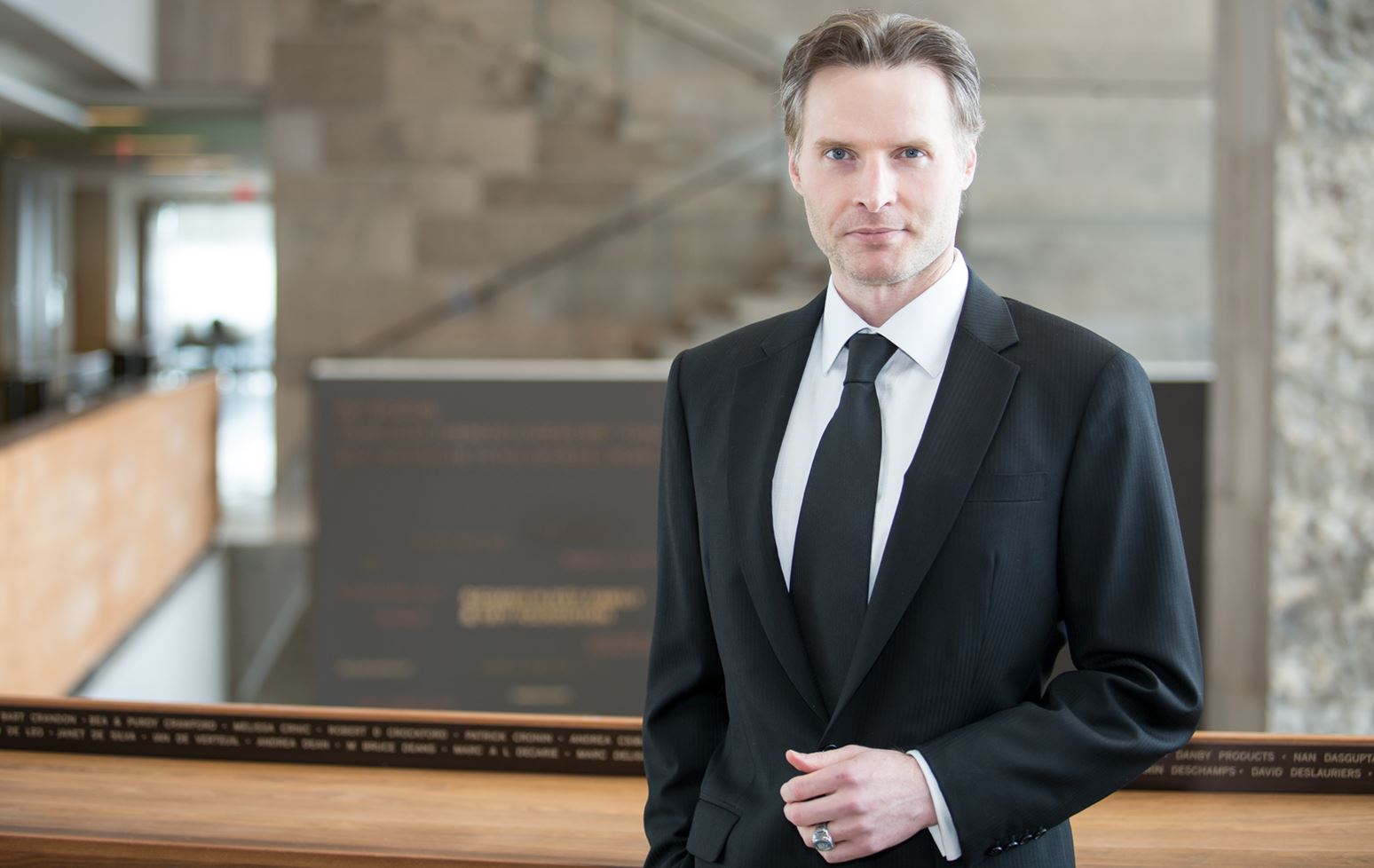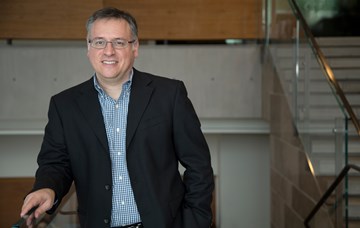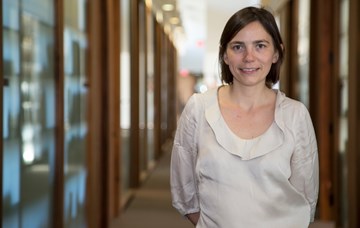In this ongoing series, we’ll profile Ivey’s newest faculty, giving you insights into their work and lives.
Several of this year’s newest faculty members have moved across the globe to join Ivey, and among them is Associate Professor Rod Duclos. A native of France, Duclos completed his PhD in Marketing at the Kenan-Flagler Business School, University of North Carolina. He then moved to Hong Kong, China, where he spent the last seven years teaching as an Assistant Professor of Marketing at the Hong Kong University of Science & Technology.
Since joining Ivey this past summer, Duclos has already had a taste of what each Program has to offer. He taught Global Marketing to MSc students last semester and is now teaching a course on building consumer brands to HBA students. Next semester, Duclos will be teaching strategic brand management to MBA students.
While much of his course content focuses on branding, Duclos’s most recent research delves into consumer behaviour, specifically, looking at how people make financial decisions and take risks with their money.
“I’m looking at ways to help consumers save more money, and the first step every time is to understand why people behave the way they do currently,” said Duclos.
His newest project, co-conducted with PhD student Mansur Khamitov, tries to understand the triggers of people’s saving behaviour.
Duclos didn’t always think he would become an academic. Growing up in France, he wanted to become a professional soccer player and gave serious consideration to joining a European soccer academy full time. With most players only graduating from high school and an unemployment rate of around 10 per cent in France, the risks of going pro seemed to outweigh the rewards. Choosing to forgo the opportunity to go pro, Duclos instead made the decision to attend university, eventually opting to pursue a career in academia.
Duclos’s insight into the commonalities between his own career path and that of a professional soccer player is quite compelling.
“When you’re teaching a class there’s an audience, but you’re not there to entertain your audience like a soccer player – you are there to impart knowledge and to sharpen critical thinking skills and communication skills,” said Duclos. “There’s a delivery and representation aspect working in front of an audience, and I enjoy that transmission – you convey knowledge, you share knowledge, and you learn a lot in the process as well. I really enjoy that about teaching as an academic.”
At a Glance
WHO: Rod Duclos, Associate Professor, Marketing
PAST OCCUPATION: Prior to joining Ivey in 2015, Duclos spent the last seven years as an Assistant Professor of Marketing at Hong Kong University of Science & Technology.
RESEARCH INTEREST: The bulk of Duclos’s current research focuses on the psychology of money regarding financial decision-making and risk-taking. His interest lies in assessing the reasoning behind people’s spending and saving behaviours.
FINDINGS: The data from Duclos’s research revealed that people tend to spend far more than they should, with credit card debt at an all-time high. He also found that people tend to under-save for their future. His most recent research shows that when people make purchases with cash, they spend less money than when they pay with a credit card – a term referred to as “the pain of payment.” It’s psychologically more painful to spend cash than it is to spend on a credit card.
RELEVANCE: Duclos’s research helps people understand why they either save or don’t save their money and it gives them tips on how to better prepare financially for their future.
FUN FACT: Before taking on the world of academia, Duclos wanted to become a professional soccer player, and, growing up in France, he considered joining a European soccer youth academy. Duclos still remains very active in the sport, continuing to make time for his first passion.
To find out more about Duclos’s research, read the January 2016 issue of Impact.



